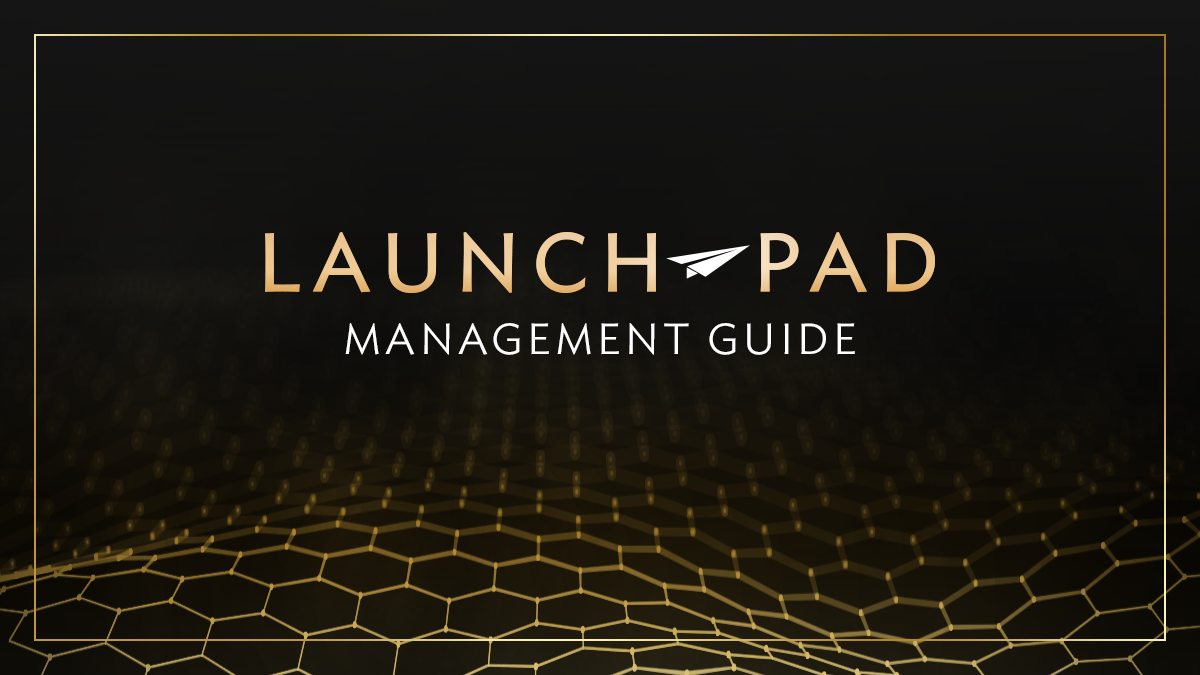
There’s a sad truth about screenwriting—and I apologize, because in general, due to the post-strike and streaming-implosion state of the industry, there’s not a lot of good news these days. The truth is that you are likely to work more on other people’s ideas than your own.
That is not to say you shouldn’t be writing specs—in fact, the irony is you can’t write someone else’s idea without them first reading your specs to show that you can. Spec scripts are your resume. There are still spec sales, but they are far and few between and tend to only happen for veteran writers.
There are several fantasy scenarios in most screen-writing tomes that are based on a misnomer about opportunity. The “in an elevator with Speilberg” or “big-time producer looking for a high concept spec script” or “surely a studio will spend money on an original idea” just simply aren’t realistic in this day and age.
Most producers already have intellectual property (IP), internally generated ideas, mandates, budgets, directors, actors, and tax-incentivized shooting locations in mind before they ever consider a script. This means your spec is far more likely to be a writing sample than a sale. Which brings us to OWAs.
What are OWAs?
OWA stands for an open writing assignment, which is what production companies and studios call the unwritten script that must adhere to all the things they already have.
Basically, an OWA is a project that needs a writer.
Most everything in Hollywood is IP-based now, which makes most everything a writing assignment. OWAs are almost always internally generated concepts or something based on pre-existing IP in the form of new articles, books, games, toys, comics, short stories, or any other medium that has a slight built-in audience that your original script will not have.
Most high-end studios have their go-to people for the big stuff, or, if you’ve recently managed to have an original hit film, they will come knocking. For the stuff under the $100 million budget, a net is often cast for a writer, hence the “open” part.
The Process of Landing an OWA
Studios and production companies will put the word out to agencies and management companies. Agencies generally have internal tracking boards and spreadsheets noting who is looking for what.
OWAs can have any timeline between “we need this script by the end of the week” to “when we find the right pitch we’ll move on it.” I’ve pitched on very hot and immediate projects, as well as projects that have sat in development for years.
Once agents and managers are aware of OWAs, they look at their roster, decide who might be a good fit, and then submit writing samples. If the party looking for a writer likes a sample, they will get back to the agent and ask for a general meeting.
This is when YOU, the repped writer, will be set up to meet these people.
The general meeting will be a basic get-to-know-each-other type of thing on the surface. What it really is is a personality test.
You want to get a vibe from a person who will be potentially owning your soul for a few months. They will be making sure you’re agreeable and not waving any red flags that say you’re difficult to work with. You’ll also talk about the project. They’ll tell you their basic ideas, you’ll tell them it’s genius while silently wondering why they just didn’t buy your spec. If all goes well, you’ll be asked to give a “take.”
A take is YOUR pitch on THEIR idea.
After the meeting, you should have an inkling of what they are precious about, and where leeway is. It’s on you know to give them what they want, but at the same time, be original about it because guess what? They’ve also asked other writers to pitch as well. They could be hearing three pitches and need to start next week. They could hear a dozen pitches, and if they don’t like any of them, they might look for a dozen more if they aren’t on a deadline.
Read More: What’s Expected When Pitching For an OWA?
What You Need to Know About Writing an OWA
Let’s say you crush the pitch and they decide to make you an offer—congrats, you’ve now landed an OWA. Repeat this process several times a year, and this is what the average feature-writing screenwriting career looks like.
These companies can be big or small, as will their budgets be. The timelines are always different, and the pay can vary wildly.
That said, here’s what you get: paid. Credit. Contributions to your health and pension which keep your WGA status current. Whatever else your team negotiates for you… maybe some sweet travel or production bonuses.
OWAs are Essential for Your Screenwriting Career
The genesis of this article came from a writers’ meet-up I went to earlier in the year. I met a few hopefully screenwriters and got the usual questions. “How do I break in?” (Get a rep.) “How do I get a rep?” (Networking, high profile competition win, or making a thing that gets you read). “Should I have a spec that’s low budget or high budget?” (I’d have at least one of each).
But the question that really caught me off guard because I don’t usually get it was: “How do you keep working and get paid if studios don’t make many original films?”
The answer of course is, “writing assignments.” When this was met with a cocked eyebrow, I realized that people don’t often talk about the day-to-day, mid and lower-level life of a feature writer.
Understand that OWAs are ubiquitous. My entire career has been a decade-plus of pitching, landing, and writing OWAs. I generally get one or two a year, but I pitch on at least a dozen. There are countless production companies and studios constantly developing scripts for possible production.
Notice I said I do a couple a year—and yet, I’ve only had two of those movies get made. Writing scripts that go nowhere for reasons beyond your control is par for the course. Studios play a numbers game and develop a handful of scripts knowing they will likely only push one into production. You can work regularly with no IMDb credits showing up for years in Hollywood.
Not only is this super common, I’d say it’s pretty much normal for feature writers. We live and die by the OWA. You book one, it takes a few months of your time, and then you’re free to write the next spec to be a writing sample for the next OWA. Is this fulfilling all your dreams as a writer? Probably not… but it certainly fulfills at least half of them… And you won’t be punching a clock at a day job.
As the saying goes, “It’s good work if you can get it.”
Read More: I Just Pitched Eight Producers and Four Networks. Here’s What I Learned



